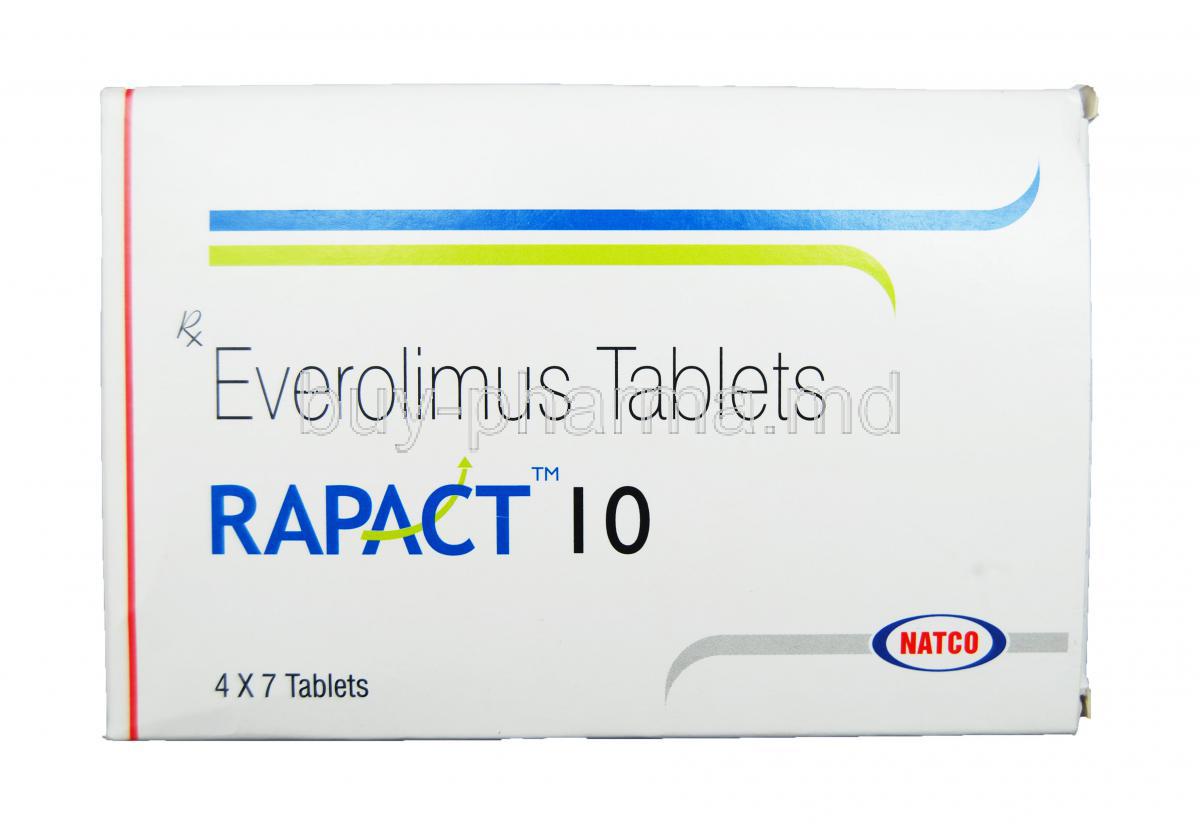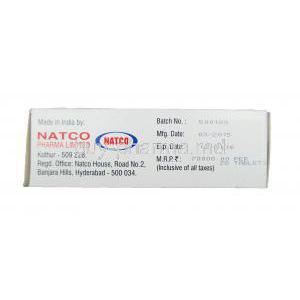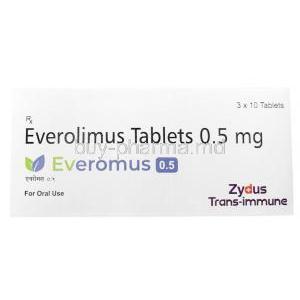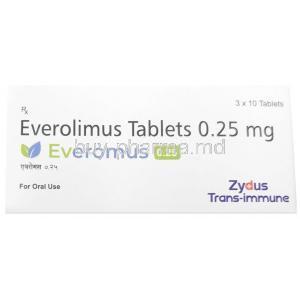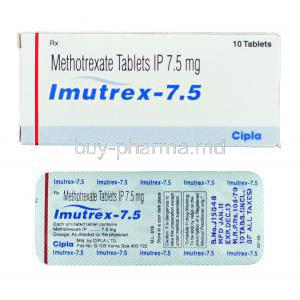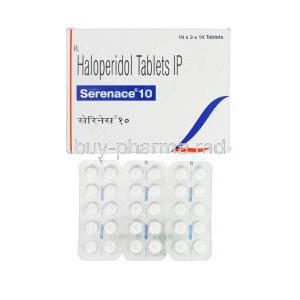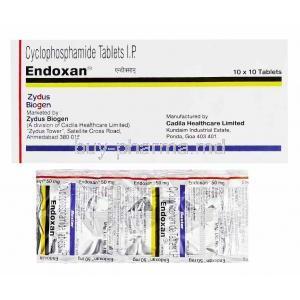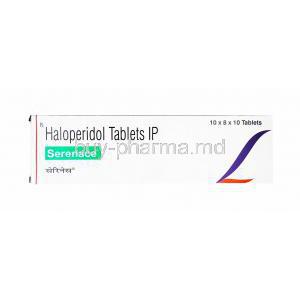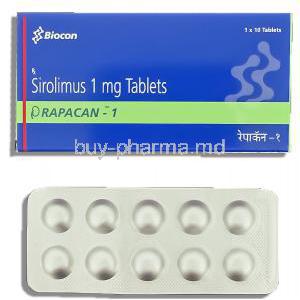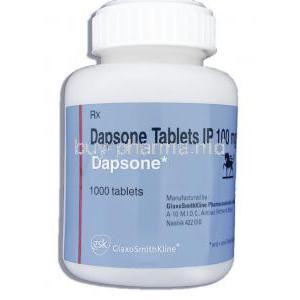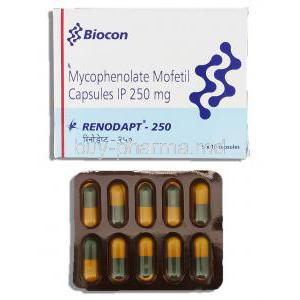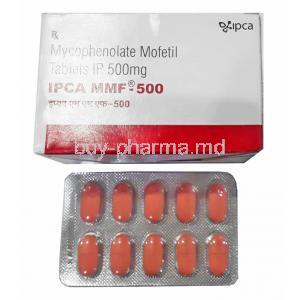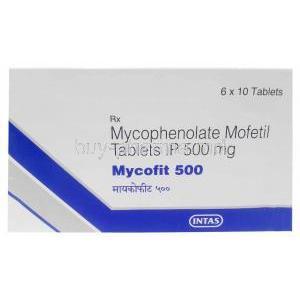Everolimus
- I. Introduction to Everolimus
- II. Chemical Composition and Formulation of Everolimus
- III. Therapeutic Uses of Everolimus
- IV. Off-Label Uses of Everolimus
- V. Mechanism of Action: How Everolimus Works
- VI. Dosage and Administration of Everolimus
- VII. Common Side Effects of Everolimus
- VIII. Serious Side Effects and Complications
- IX. Drug Interactions with Everolimus
- X. Contraindications and Warnings
- XI. Special Considerations in Administration
- XII. Handling an Overdose of Everolimus
- XIII. Storage and Handling Precautions for Everolimus
- XIV. Important Precautions and Patient Education
I. Introduction to Everolimus
Overview of Everolimus
Everolimus, a cutting-edge medication, is a breakthrough in targeted therapy. It stands out for its way of working and is crucial in treating diverse and intricate medical conditions. Its effectiveness stems from its ability to regulate cell growth and multiplication, making it an indispensable asset in healthcare practices.
Historical Development and FDA Approval
Everolimus has its roots in research and development, leading to its approval by the FDA. This recognition represents a milestone acknowledging its potential for therapy in various medical situations. From its inception to being authorized, the process demonstrates a dedication to thorough scientific evaluation and prioritizing patient well-being.
Scope of the Article
In this article, we will delve into the aspects of Everolimus, including its molecular structure, clinical uses, potential side effects, and more. Our goal is to provide a valuable analysis for healthcare professionals and stakeholders.
II. Chemical Composition and Formulation of Everolimus
Molecular Structure and Properties
Everolimus has a molecular composition with pharmacodynamic characteristics that enable it to target specific actions effectively. The structure of the compound plays a role in its capability to interact selectively with particular biological pathways.

Available Forms and Strengths
III. Therapeutic Uses of Everolimus
In Oncology: Treating Specific Cancers
Everolimus is a medication that has shown promise in the field of oncology. It is a type of targeted drug called an mTOR inhibitor that stops cancer cells from reproducing and decreases blood supply to the cancer cells 1. Everolimus is approved by the FDA to treat various types of cancer, including breast cancer, pancreatic cancer, lung cancer, and kidney cancer 23. It is also used to prevent transplant rejection 1.
Here are some references that provide more information on Everolimus:
2: National Cancer Institute 3: 1mg 4: Cancer Research UK 5: Springer 1: MedlinePlus
Transplant Medicine: Preventing Organ Rejection
Everolimus is a medication that plays a role in transplant medicine. It is an mTOR inhibitor that helps regulate the immune system to reduce the chances of organ rejection, which is a critical aspect of managing transplant patients 12. Everolimus is approved by the FDA to prevent organ rejection in people who have received a kidney transplant or liver transplant 312.
Here are some references that provide more information on Everolimus and its use in transplant medicine:
3: FDA 1: Drugs.com 2: MedlinePlus
Tuberous Sclerosis Complex: Managing Symptoms
Everolimus is also used to treat Tuberous Sclerosis Complex (TSC), a genetic disorder characterized by highly variable comorbid dysfunction and subsequent morbidity 4. The mTOR inhibitor everolimus is indicated for the treatment of adult TSC patients with renal angiomyolipomas (AMLs) and for subependymal giant astrocytoma (SEGA) in both adults and children 4. However, some physicians who treat TSC patients may be unfamiliar with everolimus-associated adverse events (AEs) and appropriate management strategies 4.
Here are some references that provide more information on Everolimus:
2: National Cancer Institute 3: 1mg 5: Cancer Research UK 4: Orphanet Journal of Rare Diseases 1: MedlinePlus
Neuroendocrine Tumors: Use and Efficacy
Everolimus is approved by the FDA to treat various types of cancer, including breast cancer, pancreatic cancer, lung cancer, and kidney cancer 234. It is also used to prevent transplant rejection 1.
Here are some references that provide more information on Everolimus:
2: National Cancer Institute 3: 1mg 4: Cancer Research UK 5: Springer 1: MedlinePlus.
IV. Off-Label Uses of Everolimus
Emerging Research and Potential Applications
Research on the off-label uses of Everolimus is growing rapidly. These investigations hold the potential to discover treatment possibilities and potentially bring about significant changes in how we approach therapy.
Ethical Considerations and Regulatory Status
As we explore the uses of medications, it is crucial to prioritize ethical considerations and adhere to regulatory requirements. This unwavering commitment not only safeguards the well-being of patients but also aligns with the principles of medical ethics and governance.
V. Mechanism of Action: How Everolimus Works
Inhibiting mTOR Pathway: A Detailed Explanation
The therapeutic effects of Everolimus come from its ability to block the mTOR pathway, which is an essential regulator of cell growth and proliferation. Targeting this pathway interferes with abnormal cellular processes, making it sound in various clinical situations.
Impact on Cellular Growth and Proliferation
By regulating the mTOR pathway, Everolimus effectively controls cell proliferation, which is a characteristic feature of many diseases. This effect plays a role in its function as a therapeutic agent.
VI. Dosage and Administration of Everolimus
Standard Dosage Guidelines
The dosage of Everolimus is adjusted to optimize the benefits while minimizing any potential risks. It is essential to follow guidelines diligently to ensure effective treatment results.

Administration Techniques and Best Practices
The effective use of Everolimus relies heavily on administration. By following practices when administering the medication, we can ensure that it is absorbed optimally and that patients adhere to the prescribed regimen.
Adjustments for Specific Patient Groups
Dosage adjustments might be needed for patient groups like older individuals or those with kidney problems. This personalized approach to treatment highlights the importance of patient evaluation and regular monitoring.
VII. Common Side Effects of Everolimus
Frequently Reported Adverse Reactions
Similar to all medications, Everolimus can have side effects. Some reported adverse reactions include tiredness, inflammation of the mouth, and skin irritation, among others.
Management and Mitigation Strategies
Managing side effects effectively is crucial for ensuring patients' quality of life and adherence to treatment. Significant relief can be provided by implementing strategies to mitigate these reactions.
VIII. Serious Side Effects and Complications
Identifying and Responding to Severe Reactions
It is crucial to recognize and respond to severe side effects. These may involve an increased vulnerability to infections and potential damage to the kidneys, requiring monitoring and necessary intervention.
Long-Term Health Implications
It is crucial to understand the potential long-term health effects of Everolimus to provide comprehensive care for patients. Consistently evaluating and addressing these risks is a part of the overall treatment approach.
IX. Drug Interactions with Everolimus
Common and Significant Drug Interactions
It's essential to be aware that Everolimus can interact with medications, which might affect how well it works or increase the chances of experiencing adverse effects. This knowledge is especially vital when multiple drugs are being used at the time.
Managing Polypharmacy Challenges
Effectively managing patients who are taking medications necessitates a careful and detailed approach aimed at preventing any potential adverse interactions. This involves conducting reviews of the drugs prescribed and providing comprehensive education to the patients.
X. Contraindications and Warnings
Absolute Contraindications for Everolimus
People allergic or hypersensitive to Everolimus or any of its components should not use this medication. This includes individuals with a history of allergic reactions. Furthermore, it should be avoided if it could worsen conditions.
Special Precautions and Warnings
It is essential to be cautious when dealing with patients who have liver or kidney problems as well as those with a history of long-term infections or diseases affecting the whole body. It is crucial to watch for any signs of infection issues with blood cells and disturbances in metabolism.

XI. Special Considerations in Administration
To Elderly Patients: Adjustments and Cautions
It is advisable to adjust the dosage for patients as their liver, kidney, or heart functions may be reduced. Keep an eye on any negative reactions since older patients may experience more robust responses and side effects from Everolimus.
During Pregnancy and Lactation
Everolimus falls under Category D for pregnancy classification. Pregnant women should avoid taking it as it may cause harm to the developing fetus. It's essential for women who can conceive to use contraception while undergoing treatment. As for breastfeeding, there is no information on whether Everolimus is excreted in human milk. Hence, one should decide whether to stop nursing or discontinue the medication based on their circumstances.
Pediatric Administration: Safety and Efficacy
The use of Everolimus in children has not been thoroughly studied for all purposes. It is essential to adjust the dosage and closely monitor their response during treatment.
XII. Handling an Overdose of Everolimus
Recognizing Symptoms of Overdose
Signs of taking Everolimus can include but are not limited to, worsening of its side effects like mouth sores, skin rash, and weakened immune system. In severe situations, there may be metabolism disruptions and organ dysfunction.
Immediate Actions and Treatment Protocols
If someone experiences an overdose, it is crucial to seek medical help. The primary treatment approach focuses on addressing the symptoms and providing support. It's important to note that dialysis might not be adequate in these cases because Everolimus binds strongly to proteins.
XIII. Storage and Handling Precautions for Everolimus
Proper Storage Conditions
Store Everolimus tablets at room temperature, avoiding light and moisture. Avoid storing them in the bathroom or near a sink.
Handling and Disposal Guidelines
Please be cautious when handling and ensure there is no exposure or contamination. Follow the local regulations for disposing of unused or expired Everolimus tablets, as they may be classified as hazardous waste.
XIV. Important Precautions and Patient Education
Educating Patients for Optimal Outcomes
It is essential to prioritize education to ensure effective treatment. It is crucial to inform patients about the medication's purpose, anticipated advantages, and possible side effects.
Lifestyle Considerations and Supportive Care
It is essential to guide patients regarding lifestyle adjustments that can help minimize any side effects and improve the effectiveness of Everolimus. This may involve changing their diet, exercising, and taking precautions to avoid infections. Monitoring their progress and maintaining regular follow-ups is crucial to ensure the best possible results.

